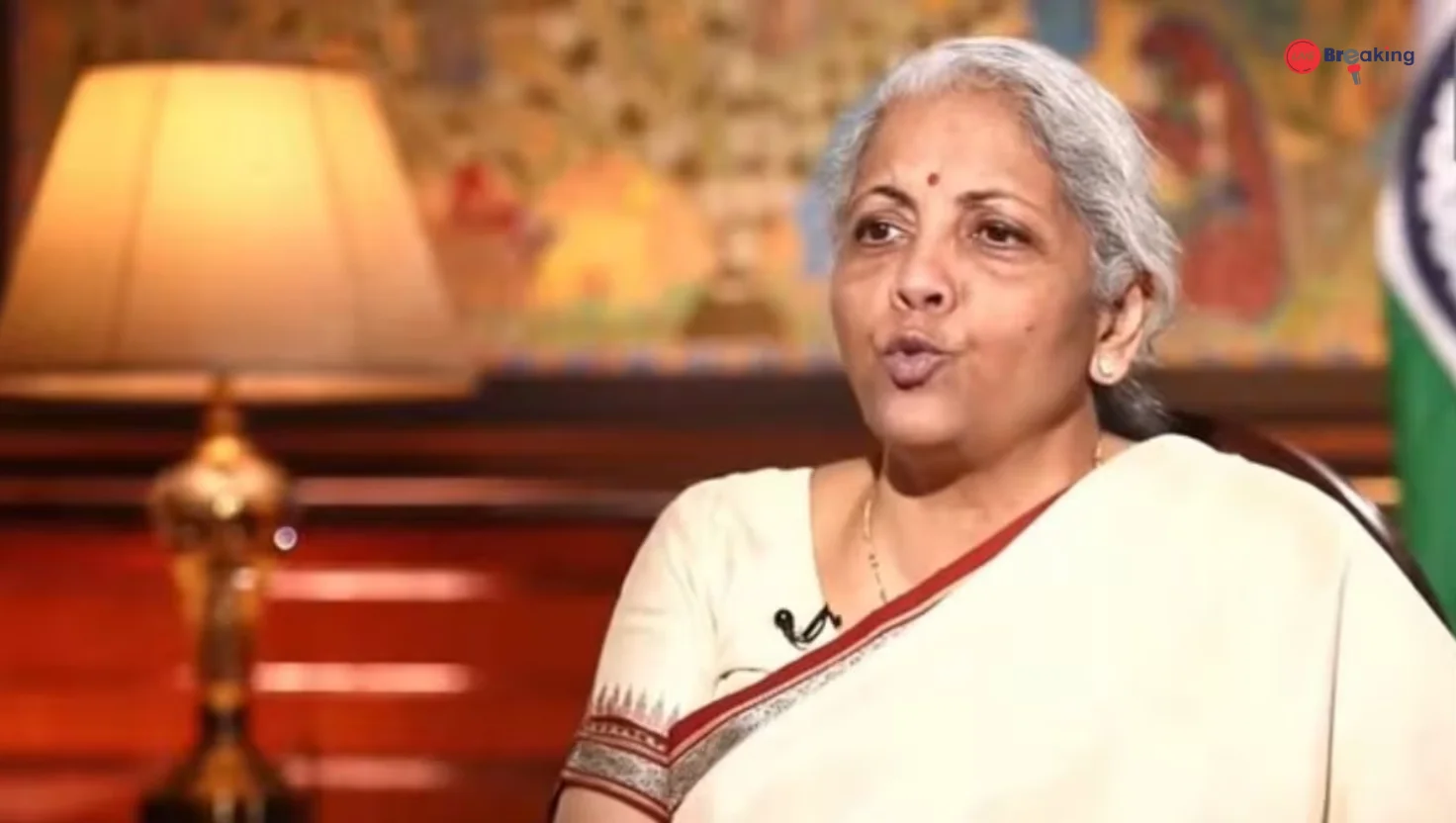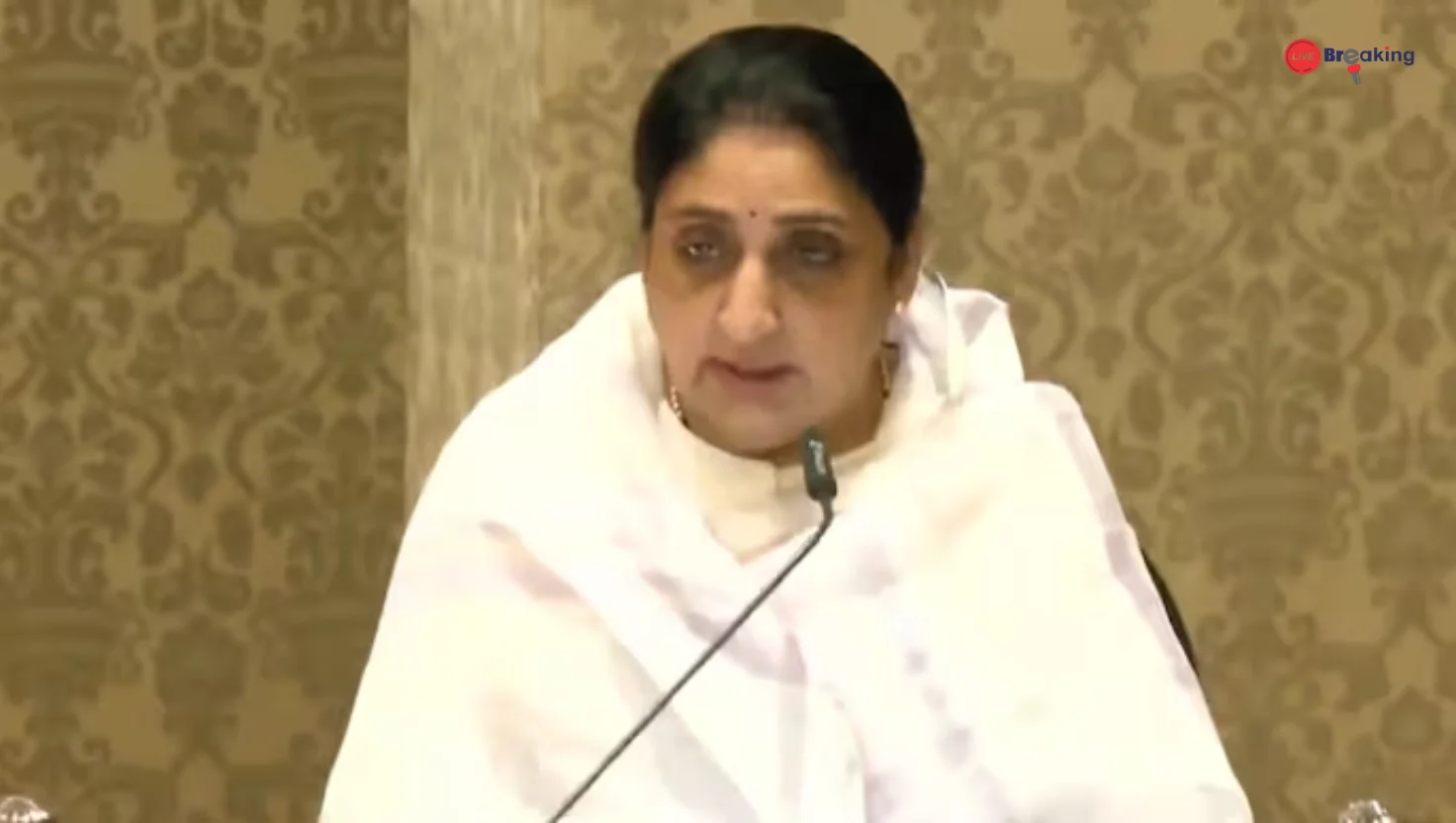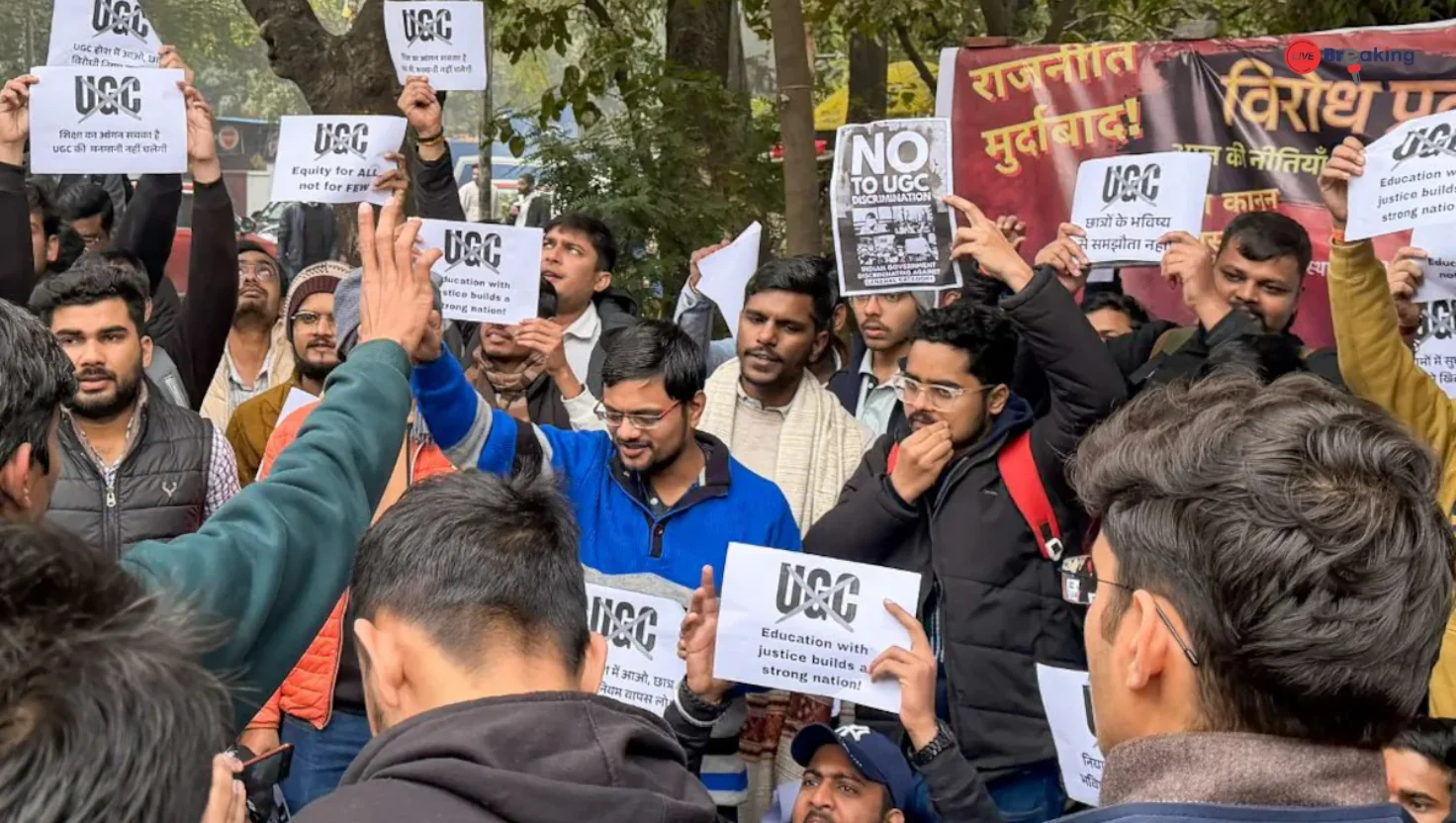Bhaiya Mat Karo: Woman In Bengaluru Says Rapido Rider Tried To Grab Her Legs
A woman in Bengaluru has alleged that a Rapido bike taxi rider attempted to grab her legs during a ride, triggering widespread outrage and renewed discussions about women’s safety on app-based transport platforms. Her emotional plea captured in a video, where she can be heard saying “Bhaiya mat karo,” has gone viral, drawing public attention and forcing the company to issue clarifications.
The incident has added to growing public concerns over passenger safety and the responsibilities of ride-hailing companies that operate widely across major Indian cities.
The Viral Video and the Allegation
According to the woman’s account, the incident occurred on a routine commute within Bengaluru. She claimed that the rider repeatedly attempted to touch her legs while the bike was in motion. In her narration, she stated that she felt trapped and helpless during the ride, unsure of how to respond without escalating the situation or risking her own safety.
The widely circulated video shows the woman visibly distressed as she recounts what happened. Her repeated line, “Bhaiya mat karo,” has become the emotional center of the discussion online, symbolizing a moment of fear and shock that resonated with many viewers.
Although the identity of the rider has not been officially disclosed, the incident has sparked calls for stricter verification processes and better monitoring mechanisms on such platforms.
Public Reaction: Anger, Fear and Demands for Accountability
The public’s reaction to the allegation has been strong and immediate. Social media users, especially women, expressed frustration that such incidents continue to occur despite repeated warnings and policy updates by ride-hailing companies. Many users recounted their own experiences, describing situations where they felt unsafe or uncomfortable during rides.
The outrage was amplified because Bengaluru is widely considered one of India’s most tech-enabled cities, with a large population dependent on quick mobility services. The expectation of safety and transparency from ride-hailing startups is therefore significantly higher.
Several people also demanded immediate action from Rapido, insisting that the rider be permanently removed from the platform and that the company strengthen its screening protocols.
Rapido’s Expected Responsibility and the Larger Conversation
Although the company has not publicly confirmed the details of the incident at the time of the woman’s statement, the situation highlights the ongoing debate around the accountability of ride-hailing platforms. Many safety advocates argue that companies must introduce better background checks, sensor-based alerts, and real-time monitoring, particularly for bike taxis where physical proximity between rider and passenger is unavoidable.
Experts also note that while many platforms provide emergency buttons, these features are not always intuitive or easily accessible in moments of panic. Critics argue that safety technology needs to evolve to match real-world risks that passengers face.
Read more: Top Court Offers Assurance to Air India Pilot Father: ‘Let Go of the Burden’
The incident also raises questions about the training and sensitization of drivers. Proper behavioral training and strict enforcement of safety norms could help prevent such incidents and restore user trust.
Women’s Safety on Urban Transport Still a Major Challenge
The case underscores a broader challenge that extends beyond Bengaluru. Women in cities across the country repeatedly report incidents of harassment, unwanted touching and inappropriate behavior while using public or app-based transportation.
While digital platforms have improved accessibility, safety has not always kept pace. Many women still feel the need to share live locations, make calls during rides or avoid certain times of travel to minimize risk. The Bengaluru allegation has once again brought this issue into the spotlight, reminding authorities and companies that technological progress must be matched by strict safety measures.
Authorities Expected to Review the Case
Police are likely to seek more information as the video continues circulating online. If a formal complaint is lodged, authorities may initiate an investigation, including verifying app data, ride logs and statements from both parties.
Read more: Rahul Gandhi Has No Right to Comment: LJP MP Responds to ‘Drama’ Remark
Officials have, in past cases, emphasized the need for passengers to report such incidents promptly, as it helps in taking swift action. Public pressure often pushes agencies to intervene more decisively, and this case may follow a similar pattern if it gains further traction.
Conclusion: A Reminder of the Urgency for Safer Mobility
The allegation by the Bengaluru woman is not an isolated story. It reflects a recurring pattern of unsafe experiences that many passengers, especially women, face in everyday travel. While the instant public reaction shows strong solidarity, the larger challenge lies in ensuring structural improvements in how ride-hailing services operate.
The woman’s distressed plea, “Bhaiya mat karo,” has become a reminder that safety cannot be optional or reactionary. Companies, regulators and the public all have a role in pushing for safer, more accountable systems so that daily travel does not become a platform for fear.













